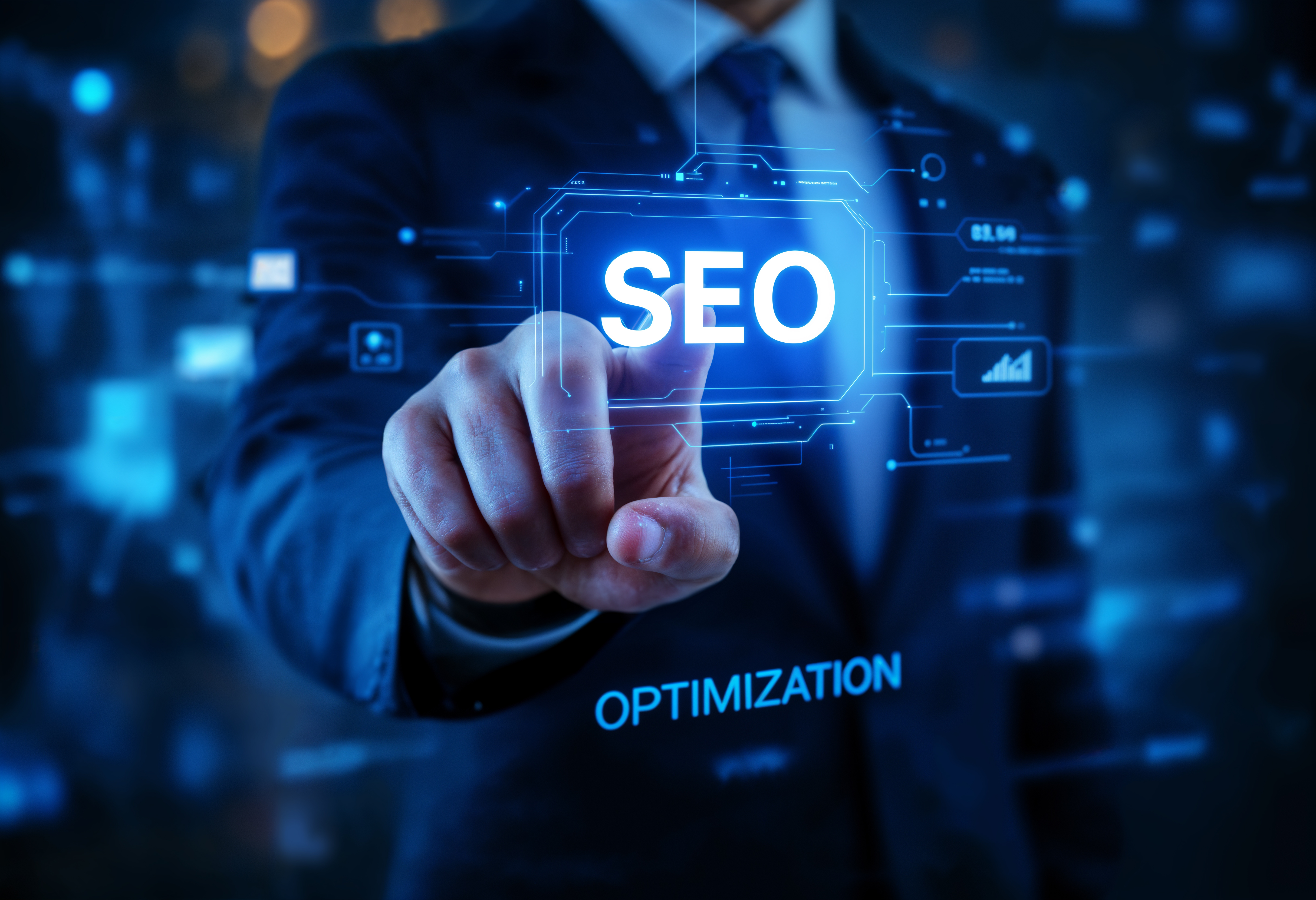info@sadi.co.ke
+254727368241
As search algorithms evolve, Semantic SEO has become the foundation of modern search optimization. In 2025, it’s no longer enough to focus on keywords alone—context, intent, and meaning now define visibility. Search engines like Google are increasingly prioritizing how well content answers user questions in a natural, contextually rich way rather than simply counting keyword density.
What Is Semantic SEO?
Semantic SEO is the practice of optimizing content based on meaning and relationships between words rather than isolated phrases. It focuses on how users think, speak, and search. This involves understanding entities (people, places, concepts) and how they connect, allowing search engines to interpret content more like a human reader.
Why Context Matters in 2025
Today’s search systems rely heavily on natural language processing (NLP) and machine learning models that interpret nuances, tone, and relevance. With AI advancements such as Google’s MUM and Gemini models, search engines can now understand user intent across multiple formats—text, voice, and even video. This means that high-ranking content must be semantically coherent, authoritative, and relevant to the user’s broader intent, not just a single keyword query.
Core Strategies for Semantic Optimization
Topic Clusters and Pillar Pages: Structure your content around themes, linking related pages to build topical authority.
Entity-Based Optimization: Include known entities recognized by Google’s Knowledge Graph to strengthen context.
Natural Language and Conversational Tone: Write the way users speak, aligning with voice search and conversational AI queries.
Schema Markup: Add structured data to help search engines understand your content’s context and relationships.
User Intent Mapping: Identify what users truly want at each stage of their journey—informational, transactional, or navigational—and tailor content accordingly.
The Role of AI in Semantic SEO
AI tools are becoming essential for understanding search intent, analyzing topic gaps, and generating semantically rich content. In 2025, successful SEO strategies will use AI not to replace human creativity but to enhance precision and relevance.
Final Thoughts
Semantic SEO marks a turning point in how we approach digital visibility. By prioritizing context over keywords, brands can create content that resonates with both algorithms and audiences. The future of SEO isn’t about chasing rankings—it’s about delivering meaning, clarity, and genuine value.
 October 23, 2025 - BY Admin
October 23, 2025 - BY Admin